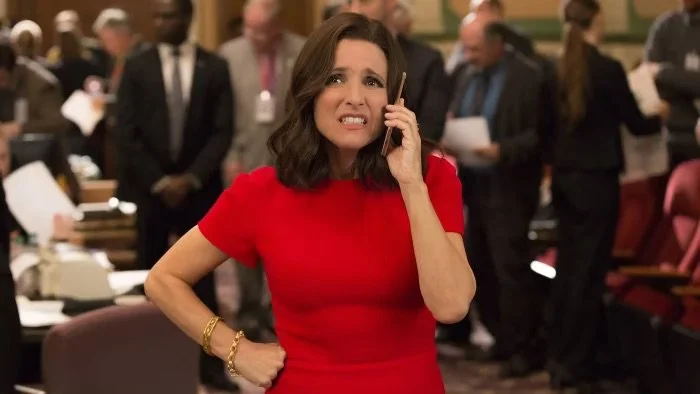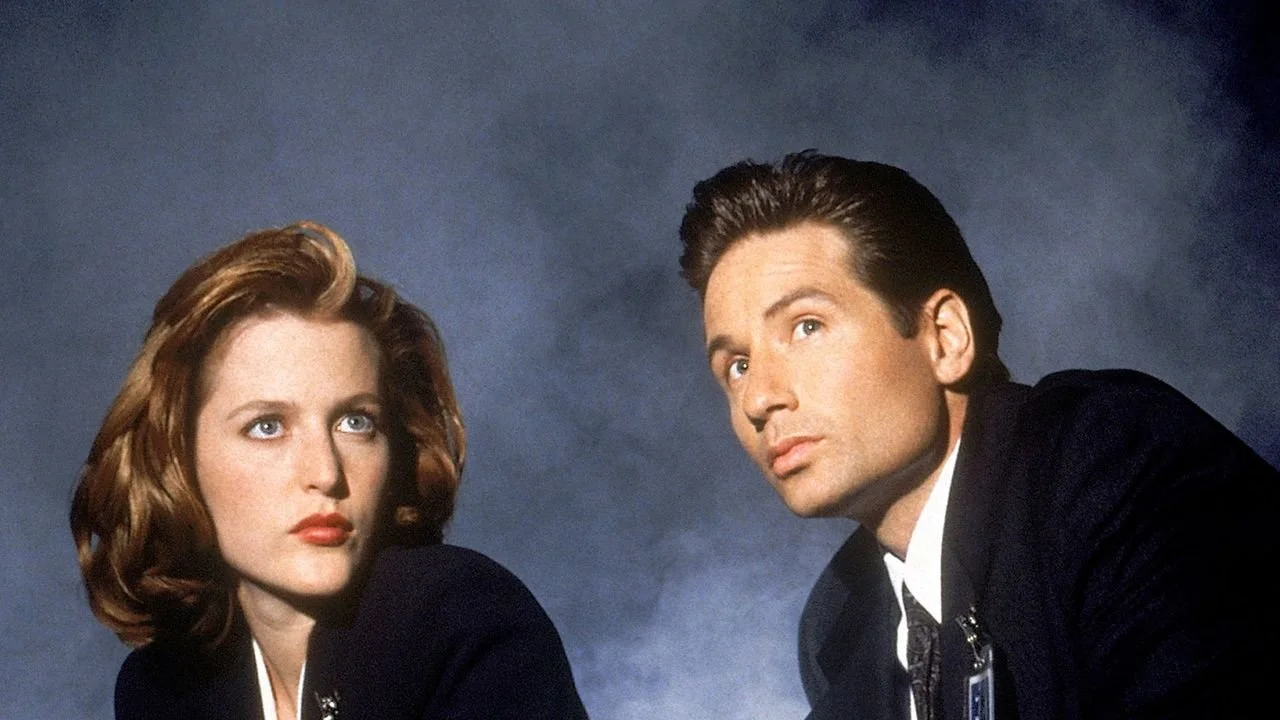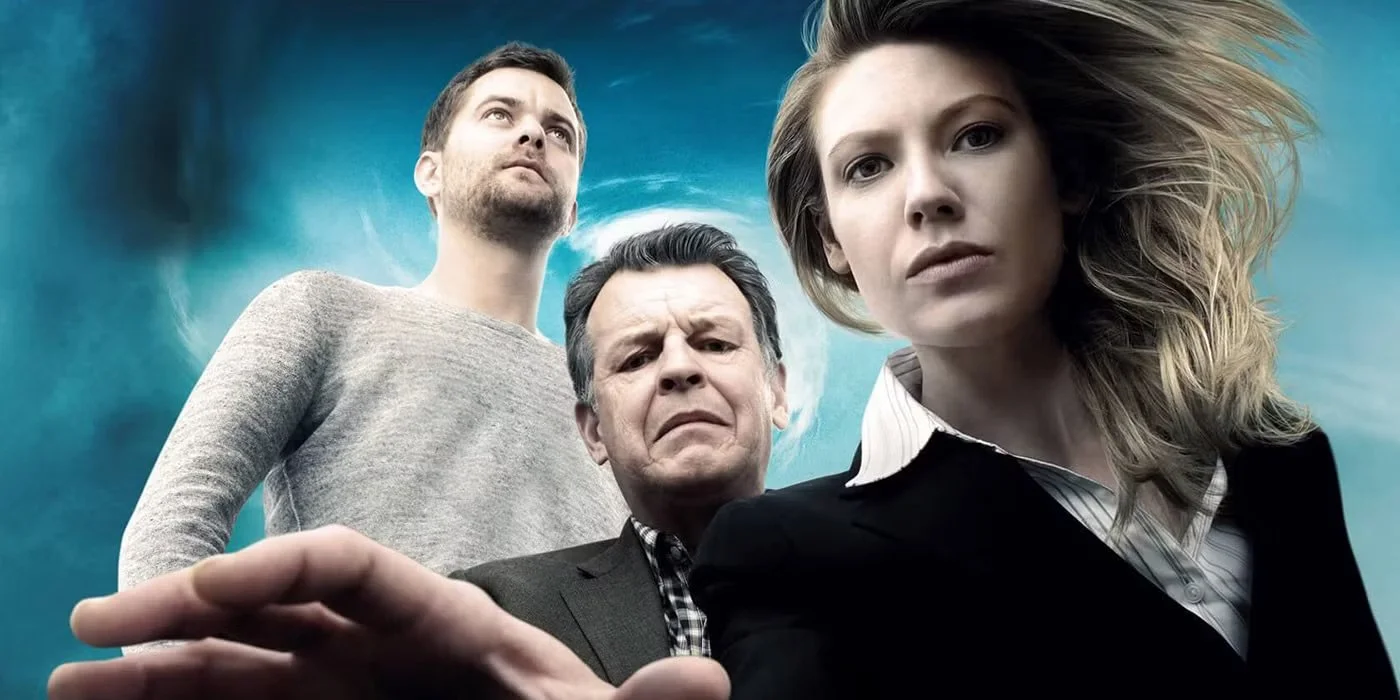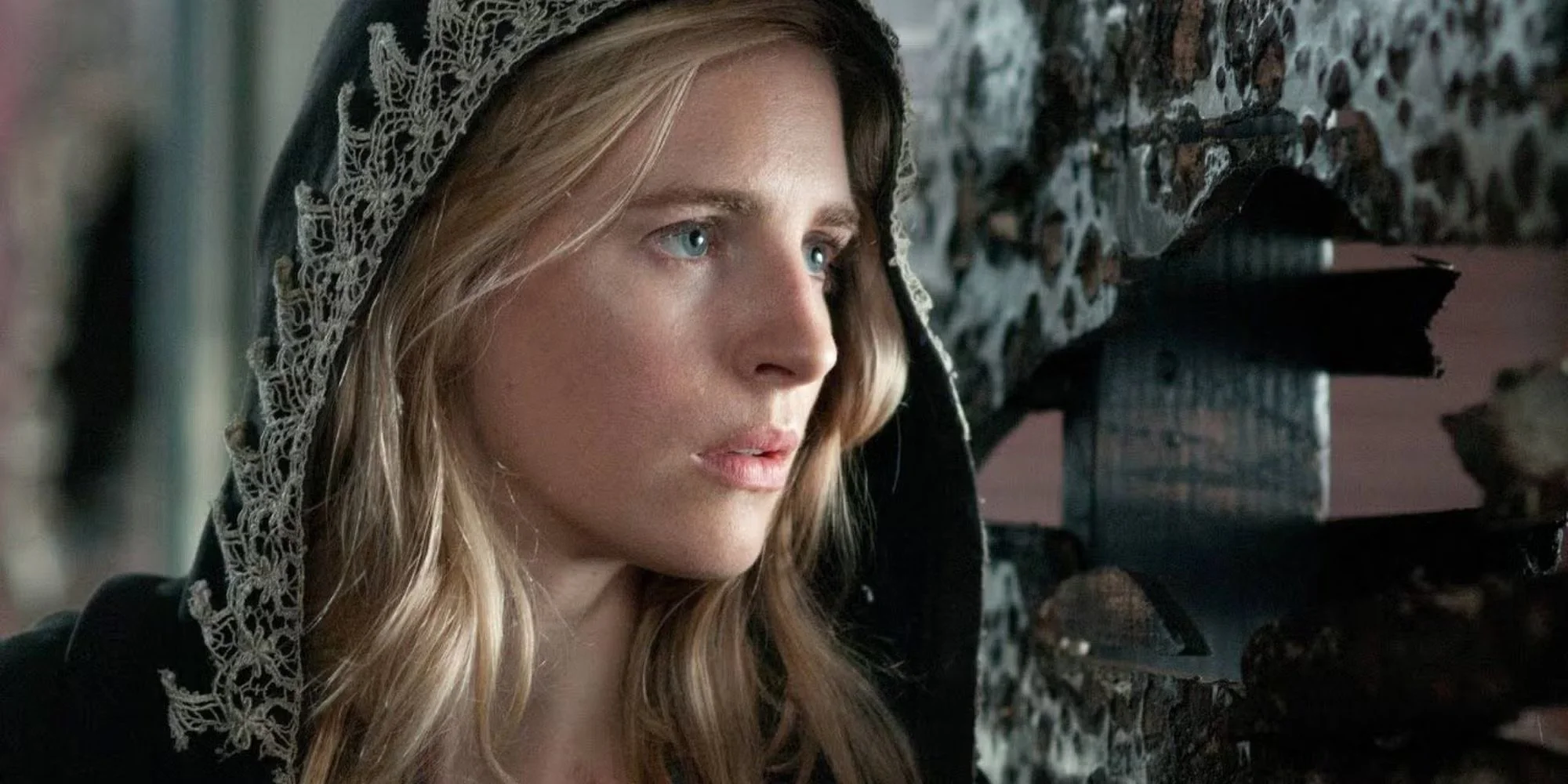TV Shows That Got Better After Season 1
(And Why You Shouldn’t Give Up Too Soon)
Let’s be real:
Some of the best TV shows didn’t start that way. In fact, a lot of iconic series only found their groove after Season 1.
Maybe the characters needed time to settle.
Maybe the showrunners needed better notes.
Or maybe the network just needed to stop interfering (we see you, Season 1 haircuts).
If you bailed too soon, I’m here to say: give them another shot.
Here are 6 shows that prove you should never judge a series by its pilot.
📺 Veep (HBO / Max)
When Veep first premiered, it was a sharp political satire with promise. But it wasn’t until Season 2 that the show leveled up into a brutal, brilliant comedy machine.
The writing tightened. The ensemble clicked. And Julia Louis-Dreyfus delivered some of the best comedic timing ever seen on television. From petty office politics to full-on campaign chaos, the show evolves into a savage critique of power and incompetence—without ever losing its humor.
Writers, take note: Veep is a masterclass in escalation. The stakes rise, the insults sharpen, and every episode leaves you gasping or groaning—in the best way.
📖 Want to dive deeper into episodic storytelling? Save The Cat! Writes for TV is an absolute must-read for breaking down what makes shows like this work.
📺 The X-Files (Streaming on Hulu)
Season 1 had its spooky moments, but it often felt like a basic procedural with aliens sprinkled in. Then something shifted.
The serialized mythology arc kicked in, and suddenly, The X-Files wasn’t just about monsters—it was about trust, conspiracy, and the cost of chasing the truth. The chemistry between Mulder and Scully deepened. The cases got weirder. And the show found its voice as a defining piece of 90s television.
For writers: In the '90s, you could take your time. These days? You don’t get that luxury. If your pilot doesn’t grab readers fast, it won’t get read. Use shows like The X-Files to study how they built stakes and character depth—but understand that today, you have to do it all from page one.
📺 Fringe (Streaming on Freevee / Prime Video)
Fringe began as cool analogue of The X-Files, and while the pilot hinted at bigger ideas, Season 1 mostly followed a procedural format. But by Season 2, the show fully leaned into its high-concept world of parallel universes and fractured timelines.
And that’s when it got great.
Suddenly, the episodic weirdness had purpose. The emotional arcs—especially Walter’s—hit like a punch. And the ambitious storytelling made it clear this wasn’t just a “monster of the week” show anymore. In fact, the mythology completely overtook the appeal of the procedural episodes, which I think is actually the opposite for “The X-Files” until much, much later on in the series.
In fact, I’d argue the last season of Fringe was the best. (Fight with yourself on this one, I’m right.)
Writers should watch this for its bold pivot: how the writers transitioned a network-friendly format into a deeply serialized and emotionally rich series. It’s a high-wire act that paid off.
📺 The OA (Netflix)
The first season of The OA is either something you adore—or something that leaves you confused and mildly irritated (I’m sorry the end scene with the school was so out of pocket IMO). But if you stick with it? Season 2 is a game-changer.
It expands the world, answers (some) questions, and boldly reinvents the story’s structure. What felt abstract and slow in Season 1 suddenly becomes part of a bigger, more meaningful whole. And the cliffhanger at the end of the season/series is BRUTAL.
For writers: The OA is a rare exception. Today’s industry rarely rewards patience—but if you’re going to take big risks or defy structure, you better have a crystal-clear why behind every choice. Without it, you're not bold—you're just confusing.
📚 Need inspiration for your own sci-fi world-building? The Halcyon Pitch Deck is designed to immerse readers in a cinematic sci-fi universe with stunning visuals, rich atmosphere, and a sleek, professional layout.
📺 The Good Place (Peacock)
The pilot of The Good Place is cute. Quirky. Harmless.
Then the twist drops at the end of Season 1—and the entire premise flips on its head. In fact, the only reason I watched it was because I got spoiled about the season finale and was like, “Oh dang, I have to watch that.”
From there, The Good Place becomes one of the most structurally daring comedies on television. Every season reinvents itself. Characters evolve, themes deepen, and somehow, it remains laugh-out-loud funny while tackling ethics, mortality, and redemption.
Writers, study this show for how it plays with format while staying rooted in character. It proves that you can be smart and silly, high-concept and heartfelt, all at once.
The Real Lesson Here?
Don’t give up too early—on a show, or on your script.
Some stories need time. Some characters don’t pop right away. And sometimes, what feels like a rough first draft is just your Season 1.
Want help figuring out what your script needs to move from “promising” to unputdownable?






